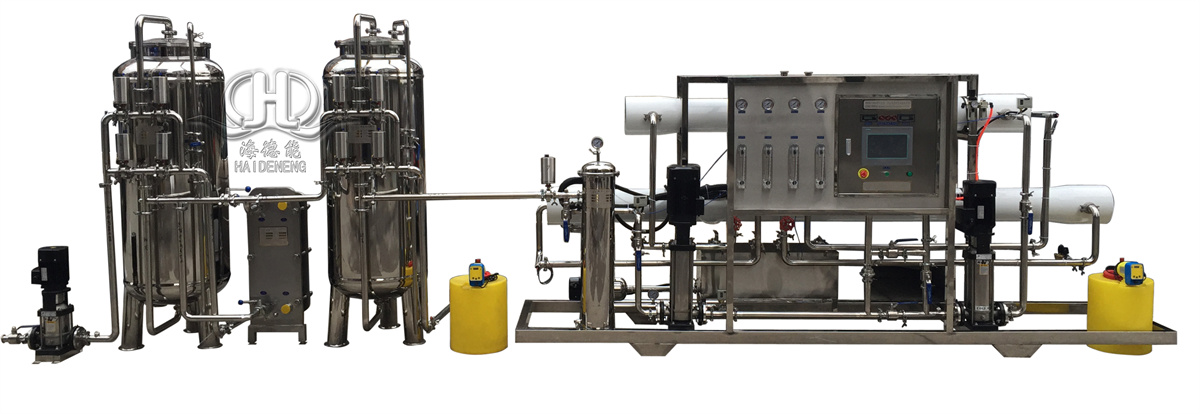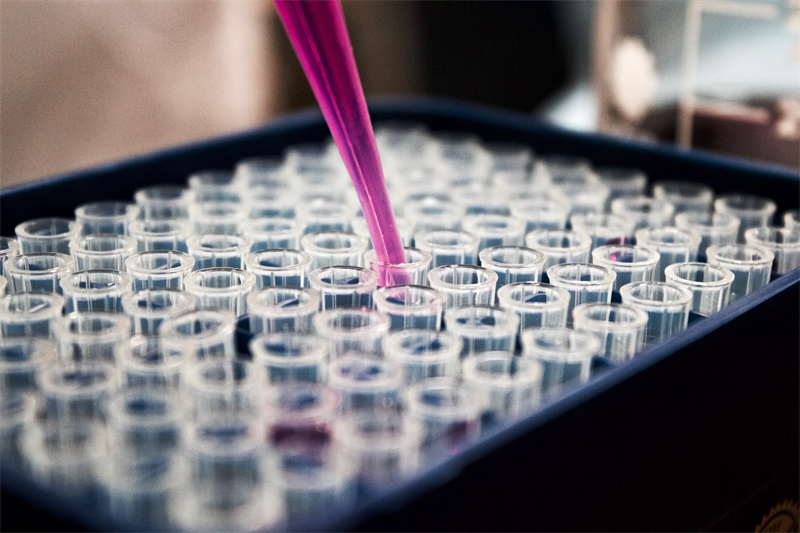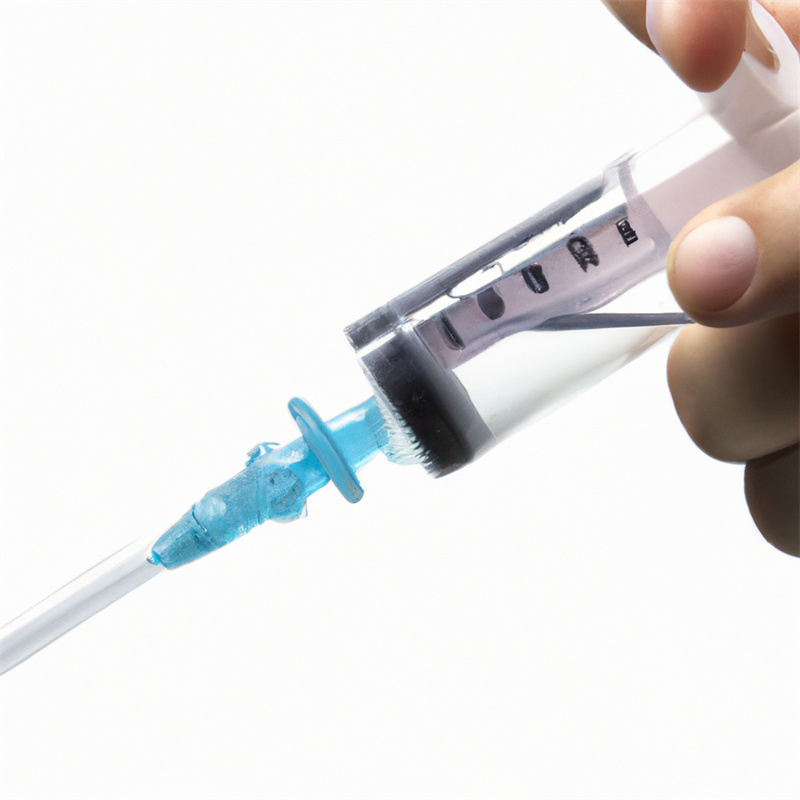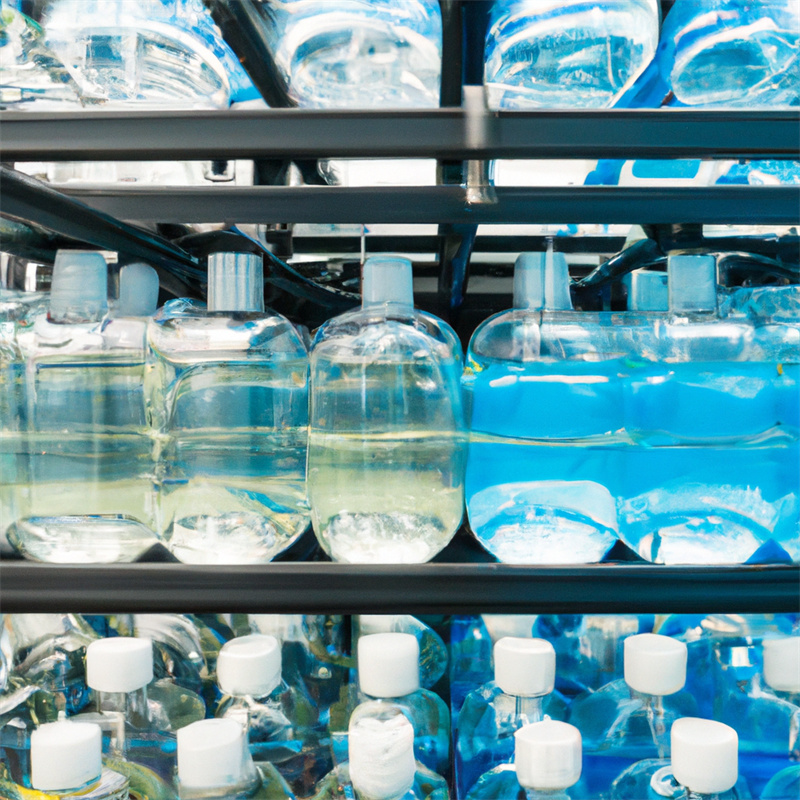
Reverse osmosis water has extensive applications and functions in various industries, including pharmaceuticals, injectable water, health supplements, oral liquids, pharmaceutical raw materials, intermediate product purification and separation, and injection water.
Pharmaceuticals: Reverse osmosis water is a critical component in pharmaceutical manufacturing processes. It is used in the formulation of drugs, as well as in the cleaning and sterilization of equipment. The high purity of reverse osmosis water ensures that pharmaceutical products are free from impurities that could affect their efficacy or pose risks to patients. It is also employed in the preparation of solutions and suspensions used in pharmaceutical production.


Injectable water: Reverse osmosis water is specifically purified to meet stringent standards for use in the production of injectable medicines. The filtration process removes contaminants, such as bacteria, viruses, and dissolved solids, ensuring that the water used for injections is safe and sterile. The high purity of reverse osmosis water reduces the risk of infection and adverse reactions associated with injectable medications.
Health supplements: Reverse osmosis water plays a crucial role in the manufacturing of health supplements, including vitamins, minerals, and dietary products. It is used as a base ingredient to ensure the purity and safety of these supplements. Reverse osmosis removes impurities, such as heavy metals and organic compounds, providing a clean and pure water source that enhances the quality and efficacy of the final products.
Oral liquids: Reverse osmosis water is utilized in the production of oral liquid medications, such as syrups and suspensions. The purity of the water ensures that these medications are free from contaminants and maintain their stability and efficacy. Reverse osmosis filtration eliminates impurities and improves the taste, clarity, and shelf life of oral liquid medications.
Pharmaceutical raw materials: Reverse osmosis water is involved in the production of pharmaceutical raw materials. It is used for the extraction, purification, and dissolution of various raw materials used in drug manufacturing processes. Reverse osmosis ensures that the water used in these processes is of the highest quality, minimizing impurities and ensuring the safety and effectiveness of the raw materials.
Intermediate product purification and separation: Reverse osmosis is employed in the purification and separation of intermediate products in the pharmaceutical industry. It aids in the removal of impurities and separation of desired components, facilitating the production of purified and high-quality intermediate products that are further processed into final pharmaceutical products.
Injection water: Reverse osmosis water is the primary source of injection water used in hospitals and healthcare facilities. It meets strict quality standards, ensuring that water used for intravenous injections and medical procedures is free from harmful contaminants. The purity of reverse osmosis water reduces the risk of infection and complications associated with medical procedures.

In summary, reverse osmosis water finds extensive applications in the pharmaceutical industry, including the manufacturing of drugs, injectable water, health supplements, oral liquids, pharmaceutical raw materials, and intermediate product purification and separation. Its high purity and removal of impurities play a crucial role in ensuring the safety, quality, and effectiveness of pharmaceutical products. Reverse osmosis water is also utilized as injection water in medical settings, reducing the risk of infection and complications during medical procedures.

